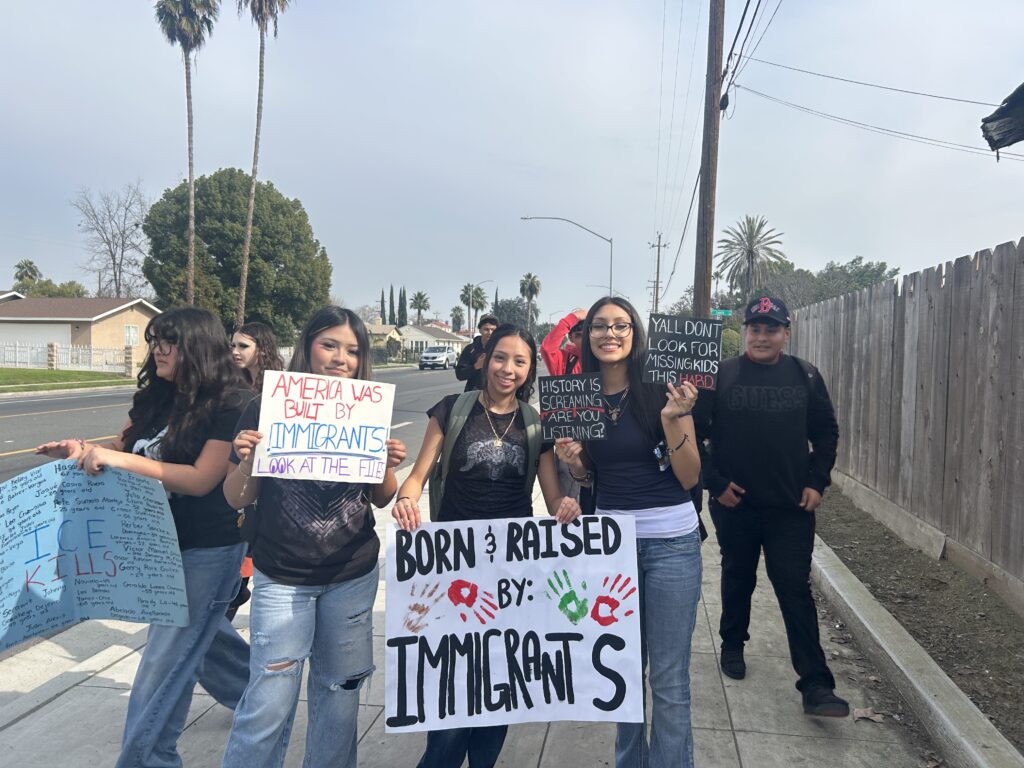Assemblymember Isaac Bryan, right, talks to members of Coalition for a Just and Equitable California about two reparations bills in the rotunda on the last day of the legislative year Saturday, Aug. 31, 2024, in Sacramento, Calif. (AP/Tran Nguyen)

- California lawmakers pass legislation aimed at atoning for a legacy of racist policies.
- However, none of the bills would provide widespread direct payments to African Americans.
- Lawmakers left out two bills that would have created a fund and an agency to carry out the measures.
Share
|
Getting your Trinity Audio player ready...
|
SACRAMENTO — California lawmakers this week passed some of the nation’s most ambitious legislation aimed at atoning for a legacy of racist policies that drove disparities for Black people, from housing to education to health.
None of the bills would provide widespread direct payments to African Americans. The state Legislature instead approved proposals allowing for the return of land or compensation to families whose property was unjustly seized by the government, and issuing a formal apology for laws and practices that have harmed Black people.
But lawmakers left out two bills that would have created a fund and an agency to carry out the measures, considered key components of the efforts to take action. California Legislative Black Caucus Chair Assemblymember Lori Wilson said Saturday that the Black Caucus pulled the bills, adding the proposals need more work.
“We knew from the very beginning that it was an uphill battle. … And we also knew from the very beginning that it would be a multiyear effort,” Wilson told reporters.
Sen. Steven Bradford, who authored the measures, said the bills didn’t move forward out of fear Gov. Gavin Newsom would veto them.
“We’re at the finish line, and we, as the Black Caucus, owe it to the descendants of chattel slavery, to Black Californians and Black Americans, to move this legislation forward,” Bradford said, urging his colleague to reconsider Saturday afternoon.
Related Story: Why Black Students Are Still Disciplined at Higher Rates: Takeaways From ...
Newsom Has Until Sept. 30 to Decide on Bills
The Democratic governor hasn’t weighed in on most of the bills, but he signed a $297.9 billion budget in June that included up to $12 million for reparations legislation. However the budget did not specify what proposals the money would be used for, and his administration has signaled its opposition to some of them. Newsom has until Sept. 30 to decide whether to sign the bills that passed into law.
Democratic Assemblymember Reggie Jones-Sawyer, who is Black, called his bill to issue a formal apology for discrimination “a labor of love.” His uncle was part of a group of African American students who in the 1950s were escorted by federal troops past an angry white mob into Central High School in Little Rock, Arkansas, three years after the U.S. Supreme Court ruled that school segregation was unconstitutional. The students became known as the “ Little Rock Nine.”
“I think my grandmother, my grandfather, would be extremely proud for what we are going to do today,” Jones-Sawyer said ahead of the vote on the legislation that was passed. “Because that is why they struggled in 1957, so that I’d be able to — and we’d be able to — move forward our people.”
Newsom approved a law in 2020 creating a first-in-the-nation task force to study reparations proposals. New York state and Illinois have since followed suit with similar legislation. The California group released a final report last year with more than 100 recommendations for lawmakers.
Newsom signed a law last month requiring school districts that receive state funding for a career education program to collect data on the performance of participating students by race and gender. The legislation, part of a reparations package backed by the California Legislative Black Caucus, aims to help address gaps in student outcomes.
RELATED TOPICS:
Categories

Teen Arrested at Visalia Mall After Firearm Report

Tumblr Goes Down for Thousands, Downdetector Reports
















